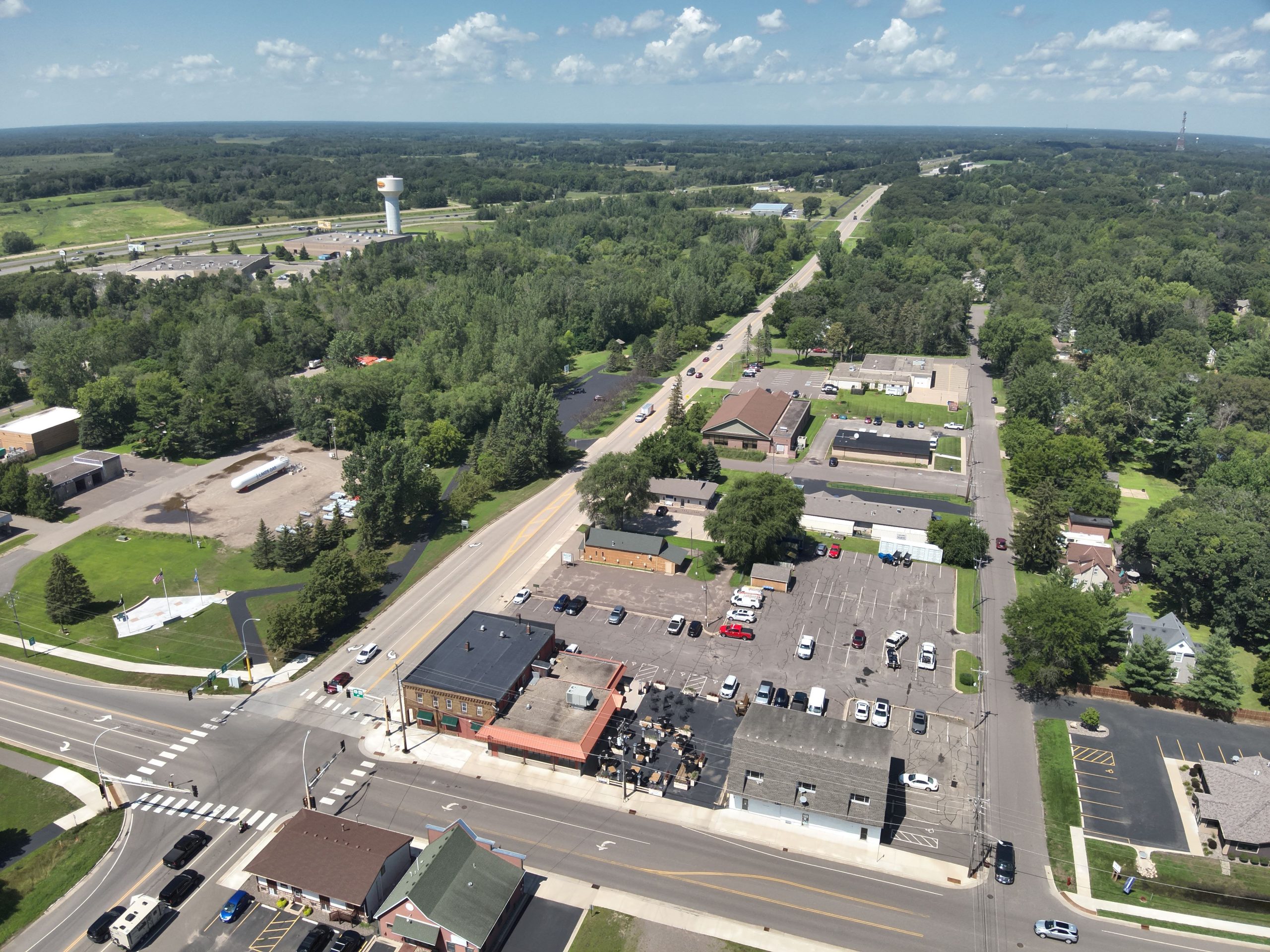Newton, MA
Armed with trustworthy, current pavement condition data, Newton shifted from reactive to proactive program management.

Newton, MA Infrastructure Assessment
Summary
- Data-driven street program delivered in weeks, accelerating visible improvements for residents
- 282 roadway miles scanned with LiDAR to produce objective condition scores and defensible plans
- Transparent reports help Newton explain budgets, reduce complaints, and schedule repairs sooner
Problem
Newton manages a dense, mixed-use street network where school traffic, bus routes, and freeze-thaw cycles stress pavement differently across neighborhoods. Outdated or inconsistent data left leaders unsure which roads to fix and when, making accurate paving budgets hard to defend. Crews were often reactive to complaints without a clear prioritization method, leading to potholes, flat tires, and frustrated residents asking why their street was not selected.
Solution
Newton selected Cyvl to rapidly survey the entire network using vehicle-mounted LiDAR and sensors, capturing lane-level pavement condition across 282 roadway miles. Within weeks, Cyvl’s Infrastructure Intelligence platform applied AI to produce objective condition scores, block-by-block analytics, and interactive maps, delivered on September 24, 2024. The city received prioritized repair lists, scenario-based paving plans, and exportable, defensible reports that enable faster decisions and field action.
Impact
Armed with trustworthy, current pavement condition data, Newton shifted from reactive to proactive program management. By replacing months-long manual assessments with a weeks-long data pipeline, the city scheduled paving and repairs sooner, shrinking the gap between data collection and construction. Residents benefit from faster fixes, clearer timelines, and transparent explanations of how taxpayer dollars are allocated.
- 282 roadway miles scanned with LiDAR and sensors, enabling targeted repairs that improve safety and ride quality citywide
- Detailed, actionable condition scores and maps delivered on September 24, 2024, so crews could plan work immediately and residents see improvements sooner
- Data-backed, defensible paving program that reduces 311 complaints and makes council meetings smoother with clear, objective explanations of project choices
- Budget planning and funding requests strengthened with trustworthy numbers, demonstrating efficient use of taxpayer dollars and unlocking approval for high-impact projects
- Work planning and scheduling became faster and easier, with clear priorities and sequenced projects that limit disruptions to schools, businesses, and neighborhoods
- Consistent citywide standards replace ad hoc decisions, giving residents confidence that the most critical needs are addressed first within a comprehensive plan




-%20logo%20(unpadded).png.png)